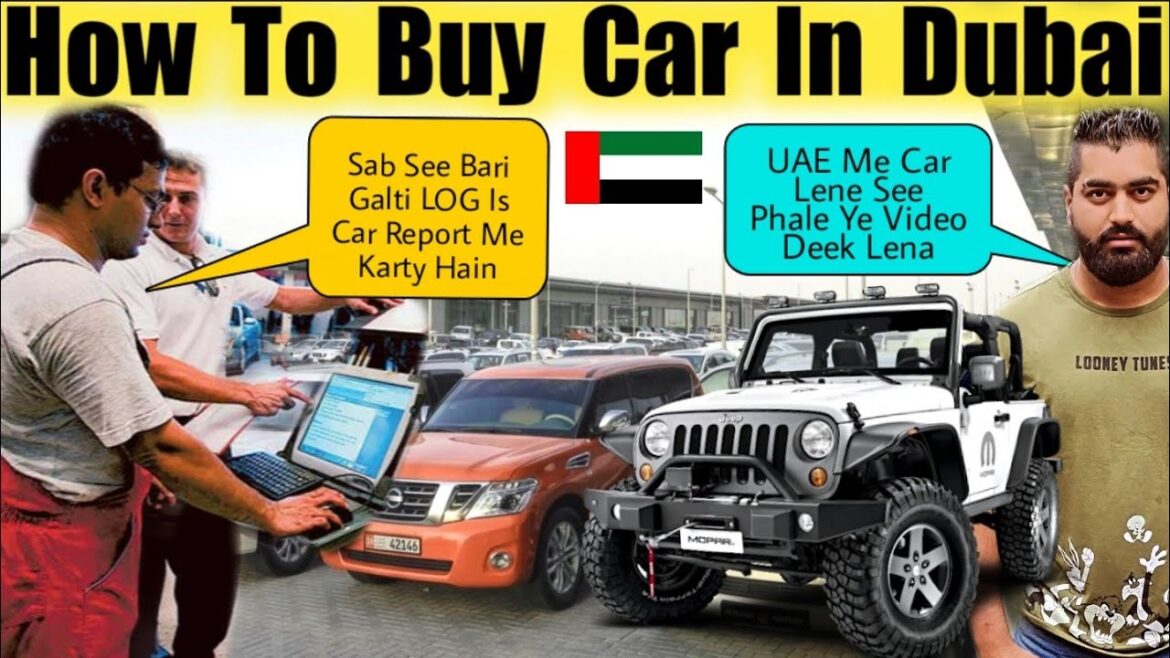By Staff Reporter
A car has become a necessity today for most UAE residents. Roughly 35 per cent of residents in Dubai own a vehicle and there is a rising demand for used or preowned vehicles owing to their affordability and high quality, thanks to the strict regulatory standards set by the UAE government.
The UAE’s used car market claims around a quarter of the overall GCC market, with almost 500,000 transactions per year, and we expect this to double in the next five years. This can be attributed to many reasons – mainly economic prudence, the efficiency that comes with increased digitisation of the used car market and increased understanding of vehicle depreciation to name a few. Moreover, the wide range of used cars in the market are also attractive to the UAE’s diverse consumer base, as there is a second-hand car that suits every type of preference and need today. There is also the increased popularity of Certified Pre-Owned vehicles that can guarantee proper records about the vehicle’s history and condition, which means that customers are able to avail quality vehicles for comparatively lower price points.
While the used car market is growing at a fast pace, the market is still riddled with informality and lack of transparency. This makes it really important to do your homework and make sure that you are getting the best possible deal and to prevent running into issues at a later point of time. Thorough research and due diligence can ensure a solid car that gives you value for your money. Comparing different makes and models, specs, thorough inspections, weighing financing options are a few key things that can make your used car purchase journey much smoother and more hassle-free.
Here are a few tips you should know before buying a used car:
Research – Take the time to browse between similar models of different brands to do a benchmark quality and price between brands. Comparing and contrasting between brands, features and prices will ensure a better-informed choice.
Specs – It is very important to check if the car has GCC specs or foreign specs as this will have a big impact on the resale value of the car. GCC specs have much better resale value compared to foreign specs in this market.
Mileage – Make sure to verify the original mileage of the car. It is highly recommended to validate the service records for every purchase. This is done so as to eliminate mileage rollback cases which is a common form of fraud in the market.
Mechanic inspection – Make sure to do a mechanic inspection with a trusted mechanic as most people don’t know what is beyond the shiny metal. A thorough inspection and insights from an expert can minimise the risk of scams or fraud. Respected dealers will offer mechanical inspection for a small fee, and it is wise to utilise this service to prevent problems that may arise later.
Legal Inspection – Be sure to do a legal inspection of the car to verify if there are accident records or insurance claims on it which can significantly affect the price of the car. It is very common for cars that have been declared as total loss by insurance to be resold without the paper trail; therefore it is essential to inspect the legal documents before confirming a purchase.
Warranty – Ensure that the car has warranty coverage after the purchase. A lot of people still buy a new car even if they lose 20-30 per cent of its value because they get the manufacturer’s warranty. There are trusted dealers who can sell certified pre-owned cars including warranties from 3 to 12 months without a considerable loss of its value.
Administrative Support – Look for a dealer who can offer support in the administrative formalities – which can range from passing the RTA inspections and registration to insurance comparisons and mortgage. It is essential to correctly handle the ‘not fun’ admin processes. A mistake in these processes can cost dearly down the road.
Financing – Look for a dealer who can support you with getting the right financing for the car. From a low downpayment and an attractive interest rate, the right dealer can ensure that your purchase is handled correctly, not only in terms of the quality of the product, but also in financing terms.


